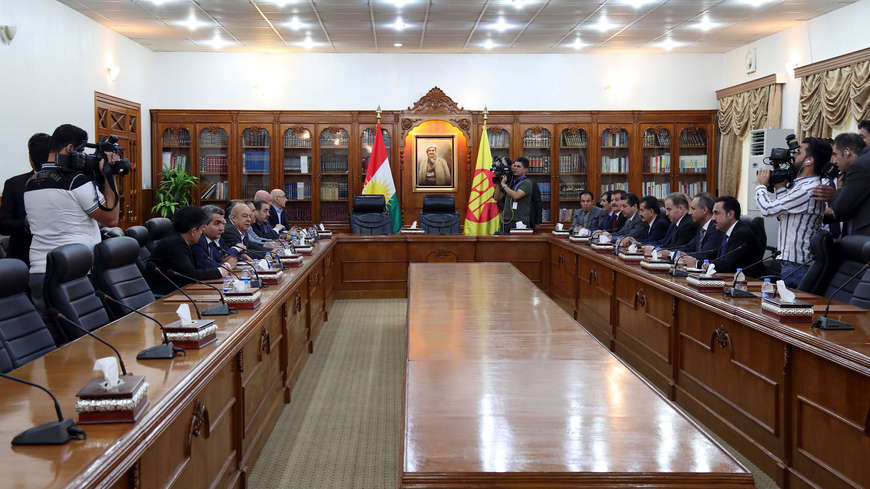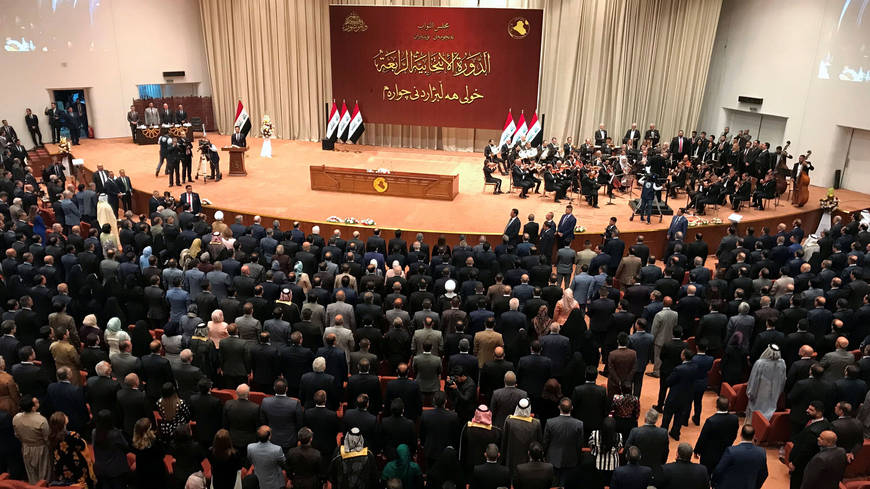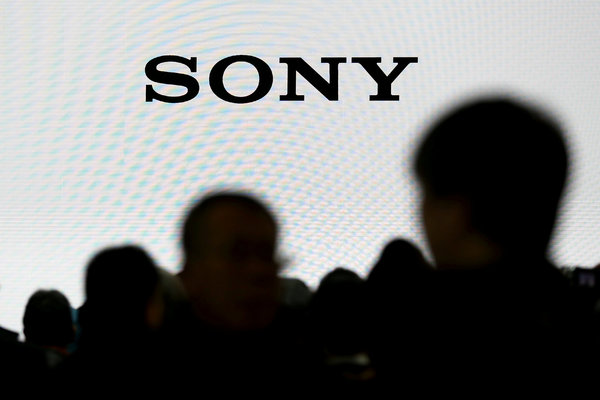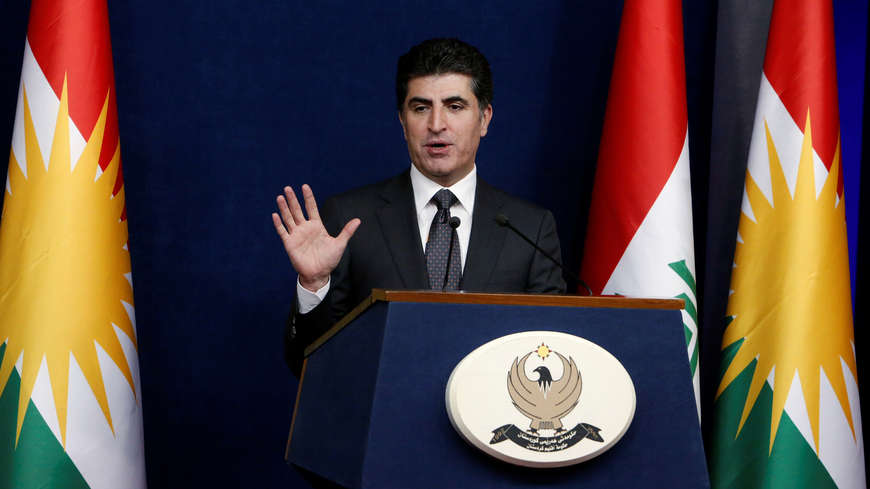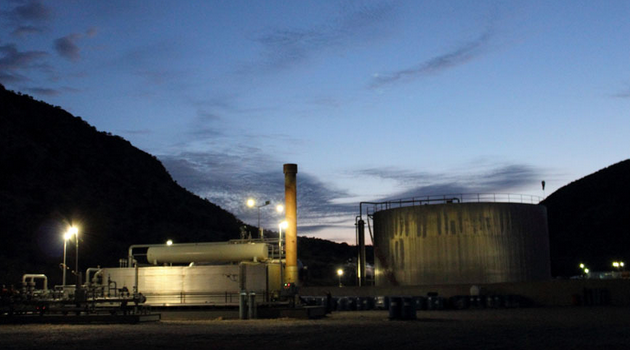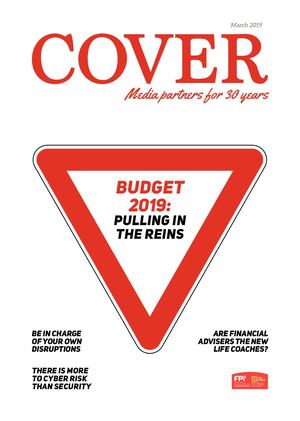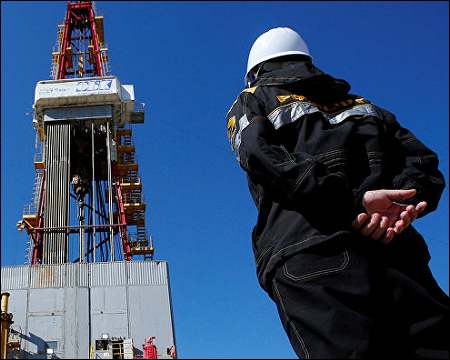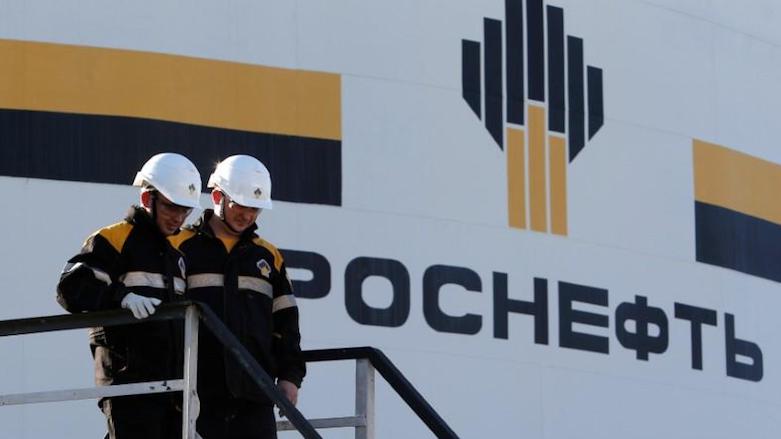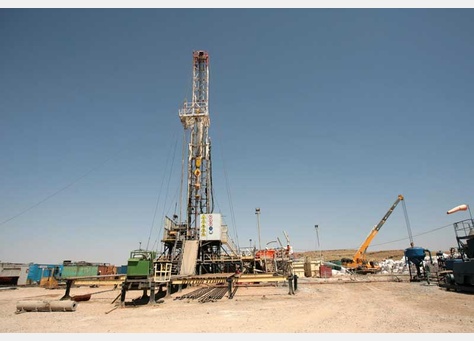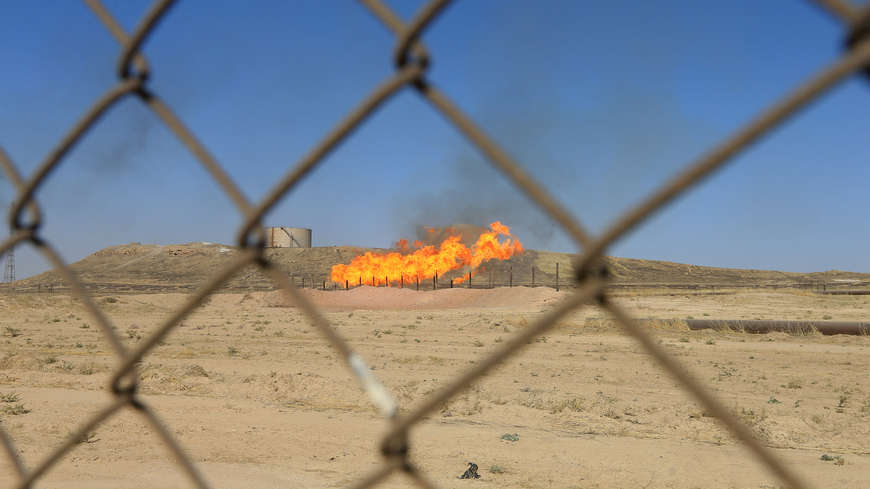By Ahmed Mousa Jiyad.
Any opinions expressed are those of the authors, and do not necessarily reflect the views of Iraq Business News.
2019 Budget Law: Politics of Appeasement, Non-Compliance and Extortion
Data from different sources indicates that KRG oil exports, so far in this year, ranged between 418.8 and 438 thousand barrels daily-kbd and KRG gross oil export revenues at end of May mounted to $3.681 billion.
Draft of the budget law was debated, amended and approved by the parliament; then endorsed by the President of the Republic and finally promulgated as a law when it was published on the official gazette. KRG, Kurdish politicians, parliamentarians and commentators praised the law as it favors them.
Yet, so far and as it officially confirmed by the Minister of Oil and the Prime Minister, KRG did not deliver a single barrel of oil; this is the usual KRG’ non-compliance extortion practice.
Such practice prompts a wave of criticisms and accusations against the Prime Minister, who is known for his appeasement towards KRG even at the expense of the rest of Iraq. KR leaders know too well how to exploit Prime Minister’s weaknesses and his lack of resolve and leadership; KRG succeeded so far.
Click here to download the full article in pdf format.
Mr Jiyad is an independent development consultant, scholar and Associate with the former Centre for Global Energy Studies (CGES), London. He was formerly a senior economist with the Iraq National Oil Company and Iraq’s Ministry of Oil, Chief Expert for the Council of Ministers, Director at the Ministry of Trade, and International Specialist with UN organizations in Uganda, Sudan and Jordan. He is now based in Norway (Email: mou-jiya(at)online.no, Skype ID: Ahmed Mousa Jiyad). Read more of Mr Jiyad’s biography here.

